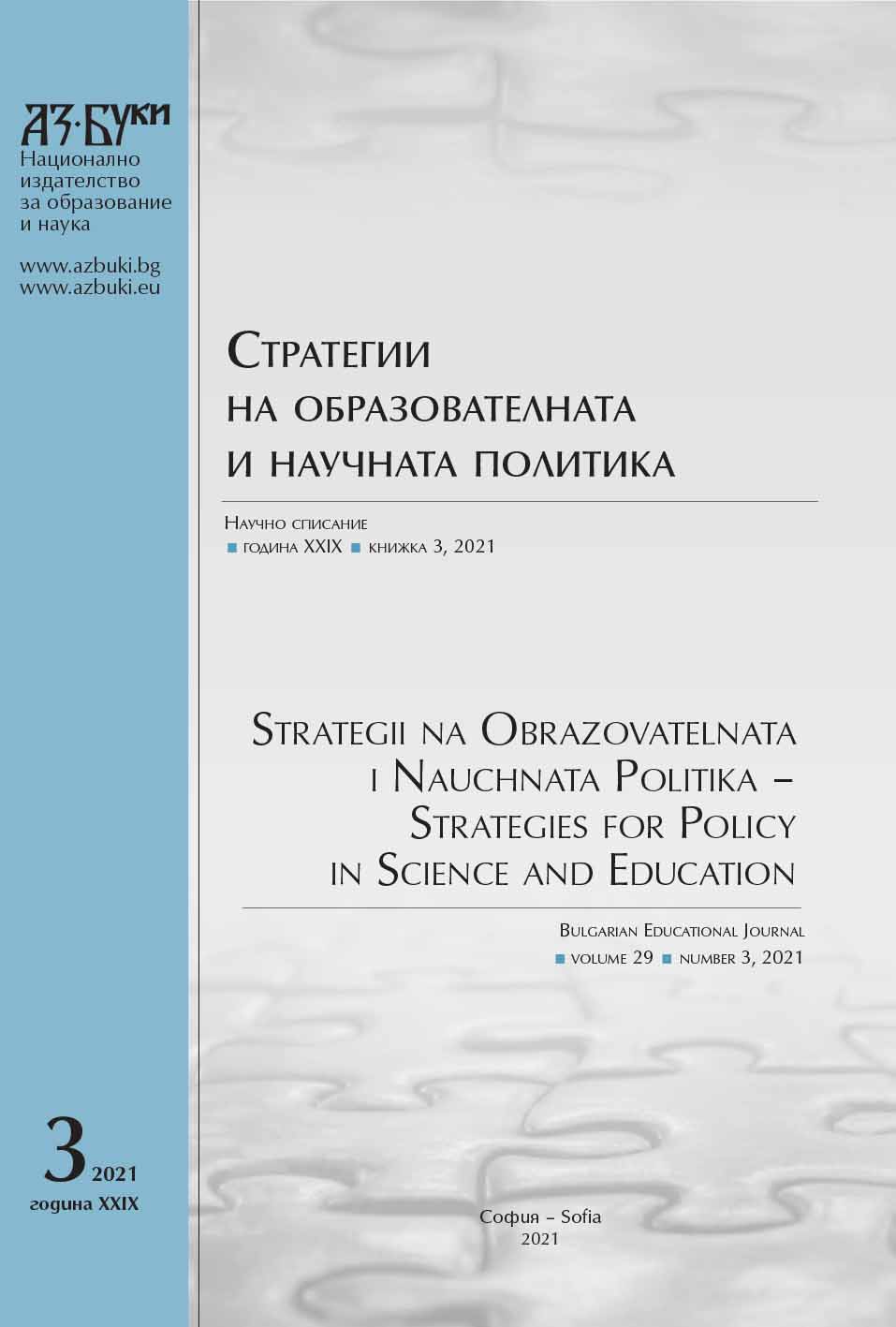Defining the Components of Student Training for Participation in International Programs
Defining the Components of Student Training for Participation in International Programs
Author(s): Iryna LiashenkoSubject(s): Social Sciences, Language and Literature Studies, Education, Foreign languages learning, Sociology, Preschool education, School education, Higher Education , History of Education, Educational Psychology, State/Government and Education, Nationalism Studies, Sociology of Culture, Sociology of the arts, business, education, Economic development, Sociology of Politics, Globalization, Sociology of Education, Identity of Collectives
Published by: Национално издателство за образование и наука „Аз-буки“
Keywords: international programs; specific training; students; course components
Summary/Abstract: The integration of Ukraine into the European and transatlantic community is increasingly becoming more dynamic and vital. Ukrainian scholars, students, and professionals establish new diversified educational, business, cultural, scientific contacts in all spheres of life with European countries and throughout the world, which requires a number of special communication and activities skills. This paper investigates the student training process components, such as language learning, social and cultural skills development, psychological training, and patriotic attitude towards Ukraine abroad for developing a specific course for students. The students of Sumy National Agrarian University were surveyed about the ideal state of completing the international programs, both those who participated in the international programs and those who did not, but could assume the challenges they would encounter. The main problems which related to the participation in the international programs were found to be associated with language proficiency and social and cultural skills (about 45%), psychological and cultural adaptation to the foreign environment (about 25%), as well as the attitude towards Ukraine and the ability to represent oneself abroad adequately (about 30%). Many factors could influence the successful participation in international programs. However, we found clear indications that besides the language acquiring the course on preparing for the international programs should also include the social and cultural, psychological, and patriotic components.
Journal: Стратегии на образователната и научната политика
- Issue Year: 29/2021
- Issue No: 3
- Page Range: 292-307
- Page Count: 16
- Language: English
- Content File-PDF

